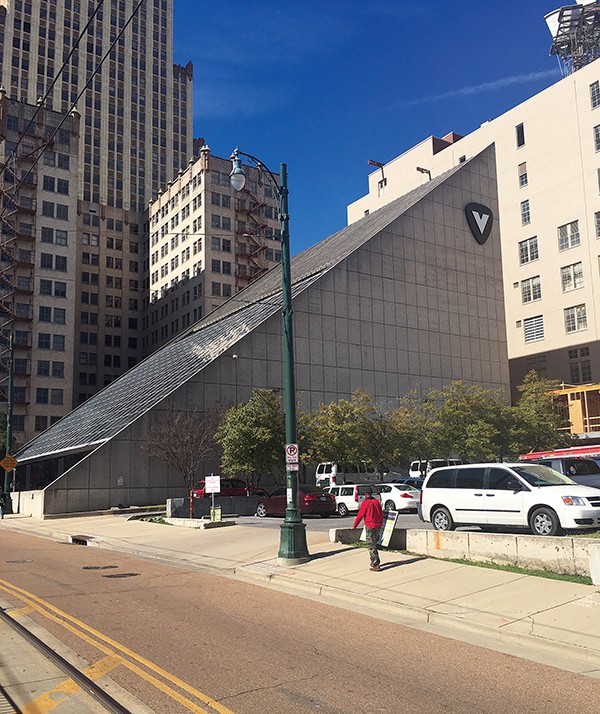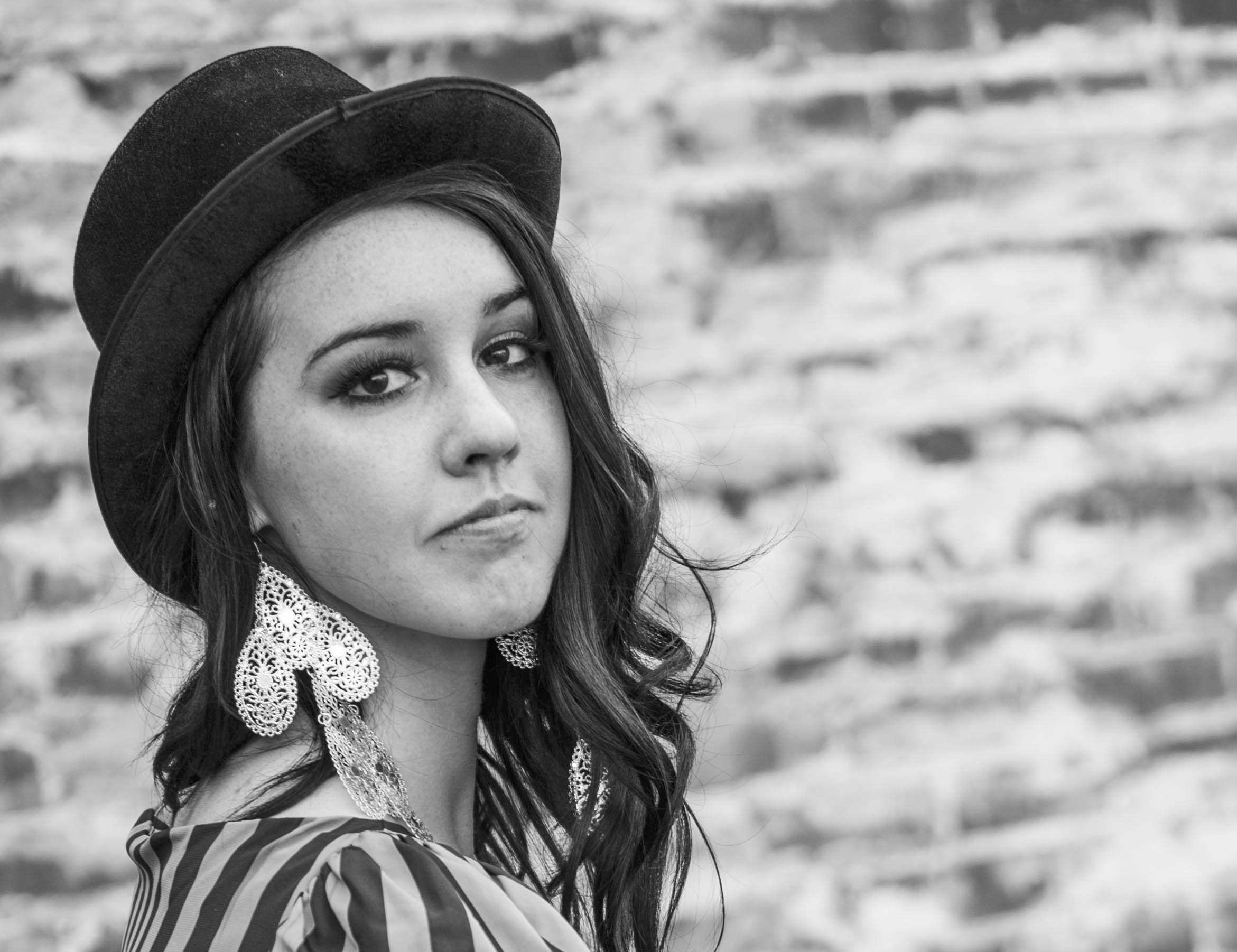Ken Steorts is on a mission from God, so to speak. Steorts founded the Visible Music College in 2000 to create an academic environment where students could marry spiritual and professional growth. Visible celebrated its 15th anniversary last year. The college has launched Madison Line Records, an affiliate label that signs student bands and gets them on the road, and established campuses in Chicago, Dallas, and Germany. Visible will now open four Music Centers to further spur student research and creativity, and recently opened one at Visible’s downtown Memphis location. — Joshua Cannon
 Chris Shaw
Chris Shaw
Visible Music College
Memphis Flyer: What all will the new Center for Memphis Music offer? How will it improve your reach to students?
Ken Steorts: Most young people do not really know the music history of any area, much less a new area they move to for college. Memphis has great history but also great life in the starting up of bands locally today. The Center for Memphis Music will allow scholarships for students to research and remind people about Memphis music of all styles. The Center will help with content and programming for radio and internet and work with Madison Line Records to promote new artists. This work in turn lets other students know about the college and helps in recruiting high-level students to Memphis and retaining them in this area.
I read that the Center will allow “regular scholarly activity around Memphis Music Legacy.” How will it solidify Visible’s commitment to the past, present, and future of Memphis music?
Much of the beauty of Memphis music history is the interaction between various groups in different styles of music and the way that can be a positive factor for the community. Having students spend their internship hours, research papers, and summer work hours on Memphis music topics will help the whole music community.
We’ve done this kind of work off the radar since 2000. We want to name the efforts, focus scholarship dollars and time toward it, and keep our focus on Memphis as our hometown, even as we plant smaller campus locations away from here. Those students can also come into Memphis to study and contribute from other campuses.
How did your relationship with the Mike Curb Institute develop? What opportunities will grow from the partnership?
What Mike Curb has done at Rhodes is a boost to the Memphis music scene. We’ve done projects together, like bringing Rosanne Cash here and exchanging students. Students will get to see other campuses and relate with different levels of professionals, educators, and long-time musicians. They’ll be able to do shows, research, and perform together. We are hopeful to play shows with the Curb Institute and others when there is any opportunity.
How does working with other organizations help Visible College?
We are a very small and young college with little resources. Our main energy is in the people and time to love and nurture music. We love working with other organizations because people meet our students and see the vision for a dedicated Christian music college.
Where will the other centers be located, and will they be any different from this one?
Very different. We are vetting the rollout timeline and purpose for the remainder of the year. The other three will be very diversely focused. Two of them will likely be in other locations than Memphis. That’s why we wanted to lead with the hometown Center for Memphis Music. We have a very diverse student body, and interests range from blues to Christian worship to all styles.
Of all that Visible College has accomplished, what are you most proud of?
I am most proud of the work we do with raising musicians to be successful people with their music and careers — placing them into bands, studios, churches, and teaching. They’re being visible.
